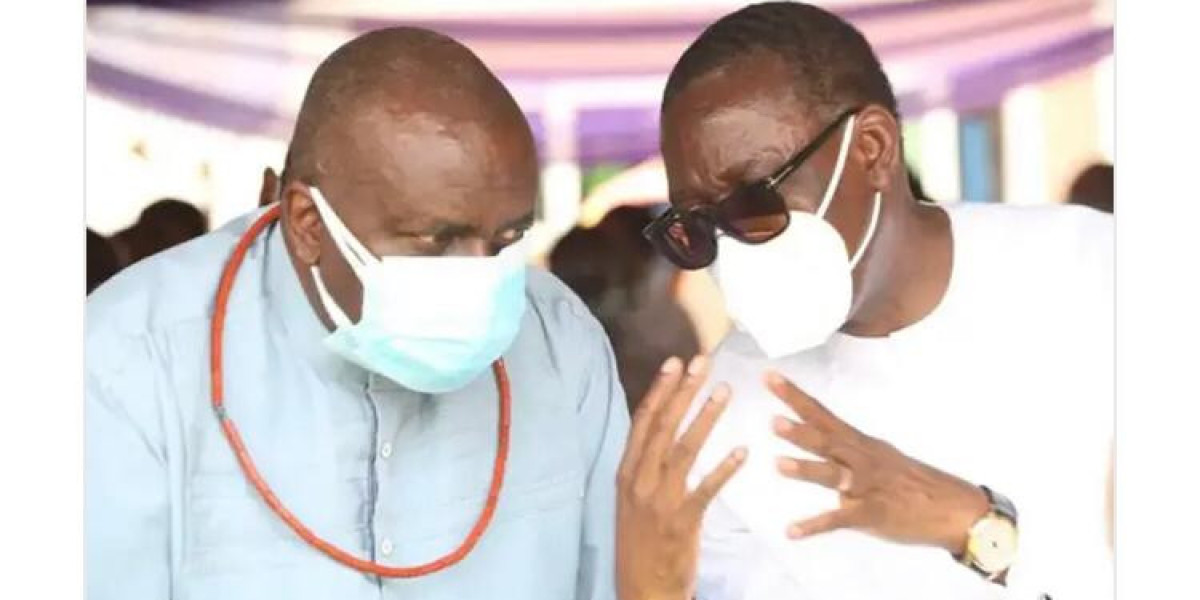Nigeria is currently grappling with a significant human capital development gap, particularly in the education sector. The country is facing a shortage of teachers, with approximately 950,000 needed, and a deficit of 20,000 classrooms. Recognizing the need for improvement, the government is taking steps to review and enhance the curriculum for basic schools, aiming to foster the creative skills of children and prepare them for future innovation.
Shortage of Teachers and Classrooms:
During a panel session on National Child Well-being at the 29th Nigeria Economic Summit, Tahir Mamman, the Minister of Education, highlighted the pressing issues of teacher shortages and inadequate classroom infrastructure. Mamman emphasized that the current numeracy and literacy skills being taught in basic schools are insufficient to equip Nigerian children for the realities of the present day.
Importance of Soft Skills and Critical Thinking:
Mamman stressed the importance of incorporating soft skills, such as critical thinking and practical skills, into the basic education curriculum. He acknowledged the need to nurture children's capabilities to think critically from an early age. The Minister expressed the intention to revamp the curriculum for basic schools, aiming to strengthen critical thinking skills at that level.
Focus on Basic Education:
Mamman revealed that his administration's primary focus will be on improving basic education, an area that has been neglected in the past. The government is developing policies to increase enrollment in basic schools, which are currently free but suffer from low attendance and a high number of out-of-school children. The Minister emphasized the need for better learning opportunities and facilities in basic schools, and plans to engage with governors who have the funding responsibility to achieve this goal.
Improving Facilities and Security:
The government is committed to enhancing facilities and security in schools, particularly in vulnerable areas, to ensure the safety of children. Mamman assured that efforts are underway to improve infrastructure and provide a conducive learning environment for students.
Health and Education in Human Capital Development:
Muhammad Pate, the Minister of Health and Social Welfare, also emphasized the importance of health and education in human capital development. The government is working to expand and recalibrate the Vulnerable Group Fund, aiming to provide health insurance for the poorest of the poor and ensure health security.
Conclusion:
Nigeria recognizes the urgent need to address the shortage of teachers and classrooms in the education sector. The government's plans to enhance the basic school curriculum, focus on basic education, and improve facilities and security demonstrate a commitment to improving the quality of education and nurturing the potential of Nigerian children. Additionally, efforts to provide health insurance and ensure health security further contribute to the overall human capital development of the country.
Naijamatta is a social networking site,
download Naijamatta from Google play store or visit www.naijamatta.com to register. You can post, comment, do voice and video call, join and open group, go live etc. Join Naijamatta family, the Green app.
Click To Download


